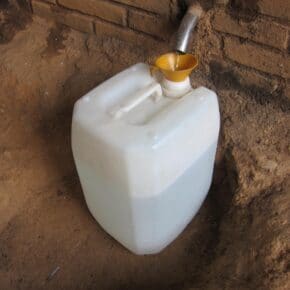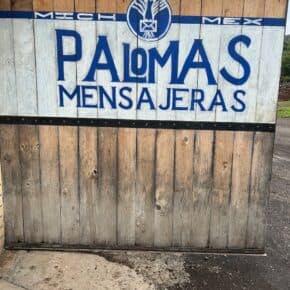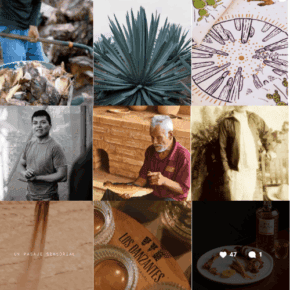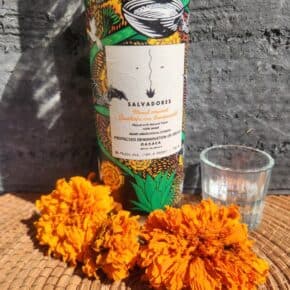No matter where you are, we’re all basically in the same situation. I write this from my incongruously peaceful shelter in place. I’ve heard from many people in the bar and spirits industries that they’re either waiting for something to happen or more busy than they have ever been before. Either way, all our lives are full of uncertainty.
That doesn’t stop at this end of the mezcal distribution pipeline because mezcaleros are in a very similar situation. Many are sitting on production wondering whether anyone will buy it. Some are socking it away in glass to wait things out. Others are wondering whether they should keep producing even as they need the income.
Some have suggested that mezcaleros are in a great position to wait this out because they’re situated in an agrarian economy where they can grow some of what they need and barter for other products – and that’s partially true but not exactly what they want to be doing. While the mezcaleros, and the farmers that depend on them, can leave agave in fields to ripen a bit further or capon those that are sprouting quiotes many would rather be producing. Last night I was talking to a brand owner who told me that the mezcalero he works with said ‘I don’t want to take a vacation, I want to be working.’ And this from a man who never takes vacations. I’ve heard similar sentiments from many.

The good news is that there is an ad hoc mechanism to keep mezcaleros producing by, in essence, setting up a futures program for their mezcal. As far as I know it started with Lou Bank of S.A.C.R.E.D. He promotes agave spirits and raises funding for rural development among mezcaleros. He launched a futures program for a group of mezcaleros in Santa Catarina Minas two weeks ago. The simple program is: Select a bottle, pay for it now, and pick it up next time you’re in the area. You simultaneously get some mezcal while supporting the community. The money flows directly to the mezcalero’s PayPal account so that they can keep going and buying the things they need.
Bank says that the Minas program was “very successful;” enough that it will “most likely be shut off this Friday.” If you’re interested, now is the time to act. In the interim Bank has set up two more: One is for mezcaleros in Ixcatlan, a municipality in Oaxaca’s La Cañada region, another is for the legendary Emanuel Ramons and Ageo Cortes from Miahuatlan. The bottles range between $20-25 a piece (some like the Miahuatlan bottles are full liters so keep that in mind while doing your math) and the plan is the same, you pay now to support these mezcaleros, they will put your bottles away and then you can pick them up or have them shipped (at a little extra cost) within Mexico. Bank says that it’s been live “only a day and doing really well.”
When I asked whether he was planning further futures projects he told me that “I wouldn’t say I’m planning but this stuff just comes up and I want to help. It’s not in my DNA to say no.” As an example of that concept in action, he was approached by Randall Stockton about doing a futures project. Stockton guides tours to mezcal distilleries around Oaxaca . Bank was happy to help set it up so Stockton now has his own futures project for the mezcaleros that he works with.

In a sign that good things don’t get ignored others are starting their own futures campaigns. Revered mezcalera Sosima Olivera Aguilar has five labels on sale now using the same structure that Bank set up focused on raising enough money to buy her a new pick up. Andrea Hagan who operates Mezcouting where she offers tours of Oaxaca’s cultural traditions connected to mezcal is also offering a futures program called, inventively, Ghost Society. You can opt for the standard futures approach or some add ons like a hand woven palm bottle or raffle tickets for a barbacoa in Oaxaca when all of this is over.

This futures ideas isn’t new, the Sanzekan collective in Guerrero did something similar a few years ago. But, in today’s world of COVID-19 crisis this idea has a new and vibrant life because of the need. In an ideal world this idea might be much more active, especially since agaves take so long to mature.
The futures idea may also have additional benefits in building bonds between remote consumers and the communities that distill mezcal. It would be a pretty profound inversion if this funding mechanism which is truly the fruit of the globalized economy managed to build a bridge between producers and consumers. We can always hope.
Tell us if you hear of more of these programs and if you have other ideas on how to support the industry. Of course, the most direct way to do this is to purchase mezcal from your local liquor store right now!












Leave a Comment